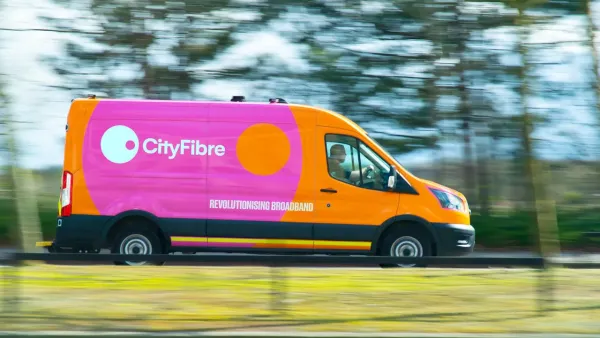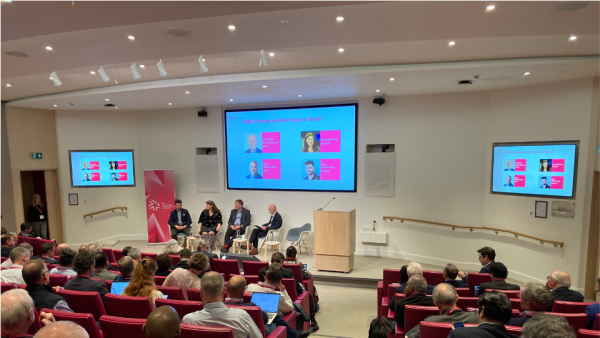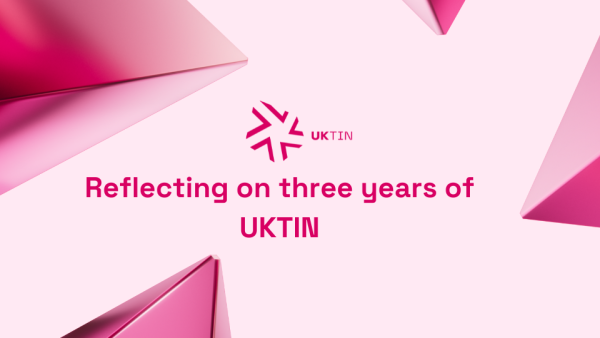Earlier this month, DSIT launched the Future Telecommunications Challenge through Innovate UK. We asked Richard Foggie, Knowledge Transfer Manager at KTN Innovate UK to explain more about the challenge, SBRI, and how it differs from other DSIT telecoms interventions.

Earlier this month, DSIT launched the Future Telecommunications Challenge through Innovate UK. We asked Richard Foggie, Knowledge Transfer Manager at KTN Innovate UK to explain more about the challenge, SBRI, and how it differs from other DSIT telecoms interventions.
The Future Telecoms Challenge is offering around £28 million (projects up to 13 months duration, £7 million costs allowed) and the scope is pretty clear: to drive advancements in telecommunication technologies that can be integrated into functional prototypes and comprehensive system solutions; and the development of innovative telecommunication technologies, fostering collaboration and innovation within the industry with a focus on close-to-market solutions, prioritising performance, coverage, security, resilience, spectrum efficiency, cost-effective deployment and energy efficiency (NB not all necessarily in the same solution) across the themes of Network of Networks, Advanced Optical Networks, and Next Generation Wireless. Explicit, if a mouthful (please read the full scope on the Innovation Funding Service).
But what is SBRI, the Small Business Research Initiative?
First off, it’s a bit of a misnomer; businesses of any size may apply. More fundamentally it is NOT a grant. Many will be familiar with the more usual Collaborative R&D competitions, like the recent Open Networks Ecosystem call. In those instances, companies large and small, academia, third and public sectors enter a formal collaboration and collectively progress solutions. Each will receive, depending on their classification and size, a percentage of their project costs back by way of grant payments.
SBRI differs because it’s a procurement. DSIT is buying (at fair market value) the R&D necessary to get strategically needed telecoms products to market, faster. It is a single company scheme. You may well need external expertise and resources to deliver, but you can bring them in as subcontractors, not consortium partners. It covers 100% of the costs (please check the small print, 50% of project costs must be dedicated to R&D, exclusions apply), and you will be paid against milestones you set. It is subject to a standard contract, not a grant offer letter. You can, and are advised to, view the contract template once you start an application.
I’d stress that this is for close-to-market innovations. The application process is simpler than for a CR&D call but there is an increased emphasis on how you will affect market entry and gain traction.
So if you’ve some innovative tech that fits the bill, is two to three years from market but you could halve that if you picked up the pace, this one could be for you.
Be quick though, the call closes 23 November. Innovate UK KTN can assist you in navigating SBRI and other Innovate UK products and services. Please reach out to me at KTN InnovateUK or my UKTIN colleagues in the Supplier Specialist Guidance Service if you need help:
- Richard Foggie [email protected]
- [email protected]









